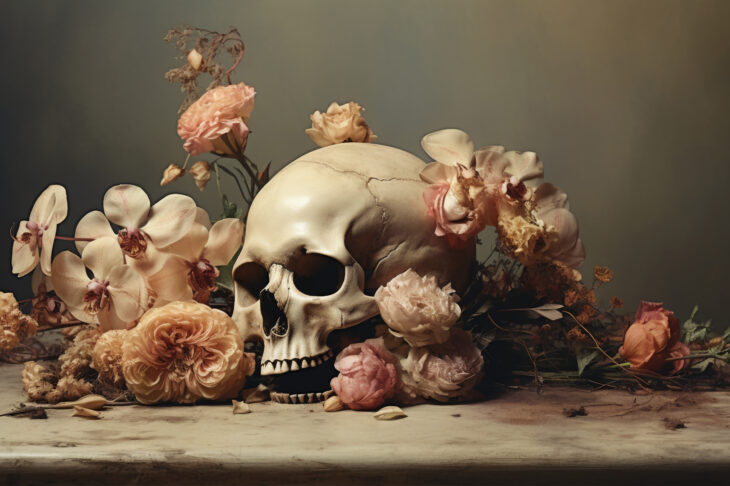
The Dos and Don’ts of Horror Fiction Writing
Horror fiction is a popular genre that has captivated readers for centuries. Writing horror can be an exciting and rewarding experience for authors, but it can also be challenging. To help writers navigate the world of horror fiction, here are ten dos and don’ts to keep in mind.
The Dos of Horror Fiction Writing
- Do create strong, memorable characters – Characters are the heart of any story, and in horror fiction, they can make or break the reader’s engagement. Develop complex, three-dimensional characters that readers can root for or fear.
- Do set the tone early – Horror is all about setting the mood, so make sure to establish the tone early on. Use descriptions and sensory details to create a sense of foreboding or unease.
- Do build suspense – The key to horror fiction is suspense, so make sure to build it throughout the story. Use foreshadowing, pacing, and cliff-hangers to keep the reader engaged and on edge.
- Do incorporate elements of the unknown – Horror thrives on the unknown, so incorporate elements of the mysterious and unexplained into your story. Use ambiguity and uncertainty to keep the reader guessing.
- Do create a vivid setting – The setting of a horror story can be just as important as the characters. Use vivid descriptions to create a sense of place and atmosphere that enhances the horror.
- Do use sensory details – Sensory details can help immerse the reader in the story and make them feel like they are a part of the horror. Use descriptions of sound, smell, and touch to heighten the sense of terror.
- Do include a twist or surprise ending – Horror is often at its best when there is a twist or surprise ending that the reader didn’t see coming. Use this technique to keep readers engaged and to deliver a satisfying payoff.
- Do research the genre – Before writing horror fiction, research the genre and read widely. This will help you understand the tropes and conventions of the genre, and how to use them effectively in your writing.
- Do experiment with different styles and sub-genres – Horror is a diverse genre with many different sub-genres and styles. Experiment with different approaches to find your own unique voice and style.
- Do write for yourself – Above all, write horror fiction that you enjoy and that excites you. If you’re passionate about your writing, it will show in the final product and will engage readers.
The Don’ts of Horror Fiction Writing
- Don’t have too much gore and violence – While gore and violence can be effective in horror, they should not be the sole focus of the story. Use them sparingly and only when they serve the story.
- Don’t embrace cliches – Horror is a genre that is ripe with cliches, so avoid using them whenever possible. Instead, strive for originality and freshness in your writing.
- Don’t try jump scares – Jump scares can be effective in movies, but they don’t translate well to literature. Instead, focus on building suspense and creating an atmosphere of terror.
- Don’t rely on character stereotypes – Horror fiction has a history of relying on stereotypes, such as the “final girl” or the “mad scientist.” Avoid these tropes and instead create complex, nuanced characters.
- Don’t rush the pacing – Horror is all about pacing, so take your time and build the tension gradually. Rushing the pacing can ruin the suspense and the overall effect of the story.
- Don’t explain everything – Horror fiction is often at its best when there are elements that are left unexplained or ambiguous. Resist the urge to explain everything and allow the reader to draw their own conclusions.
- Don’t shy away from the psychological – Horror is not just about physical terror, but also about psychological terror. Use this to your advantage and create a sense of dread that gradually increases as your book or story develops.
- Don’t just focus on supernatural elements – While supernatural elements can be effective in horror, they should not be relied upon exclusively. Try to incorporate realistic elements as well to ground the story in reality.
- Don’t make your story too predictable – Predictability can ruin the suspense and the overall effect of the story. Try to keep the reader guessing and incorporate unexpected twists and turns.
- Don’t sacrifice logic for the sake of scares – While horror can be fantastical and unrealistic, it should still be grounded in some semblance of logic. Avoid plot holes and inconsistencies that could take the reader out of the story.
Got your own dos and don’ts of horror fiction writing? Let us know in the comments section below.

